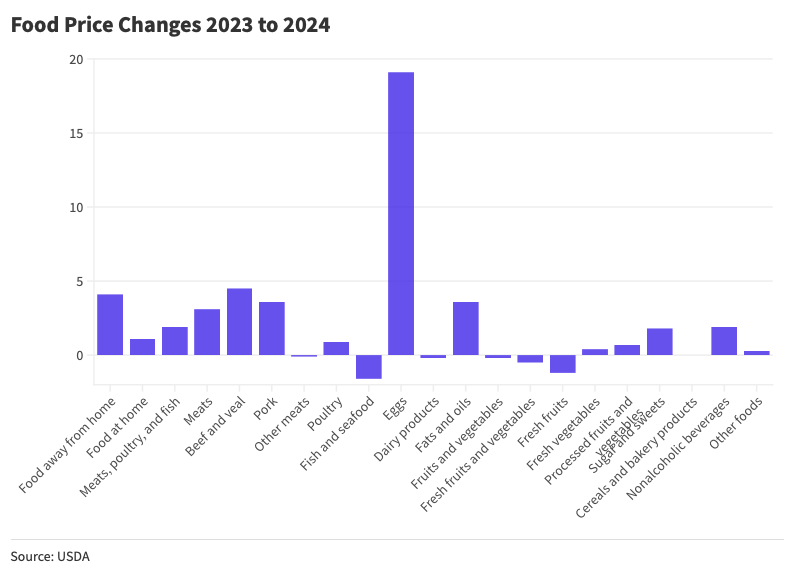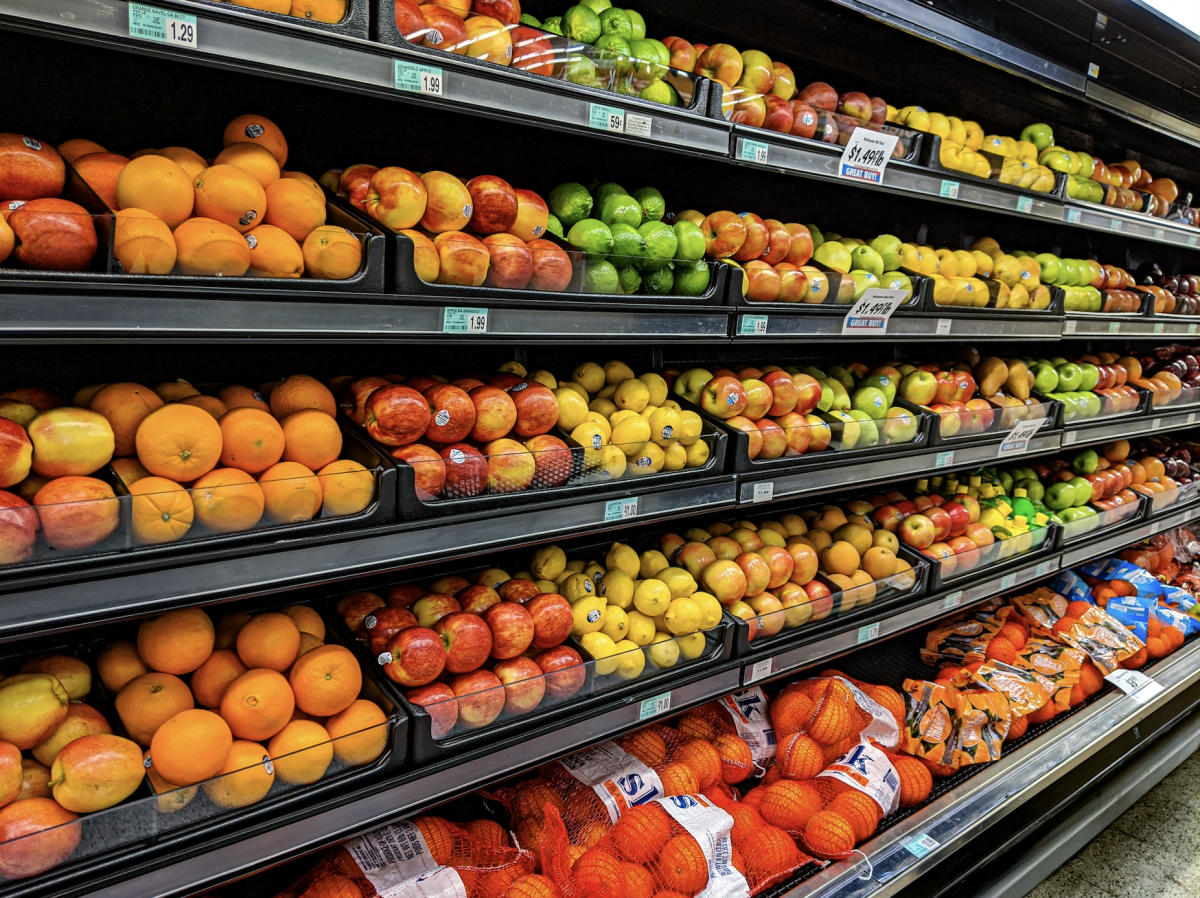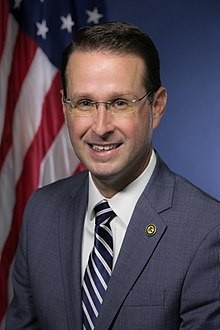The rate of food price increases is expected to slow in the remainder of the 2024 through 2025 after several turbulent years that have left some wondering if consumers have been gouged.
The United States Department of Agriculture’s (USDA) latest Consumer Price Index report predicts all food costs will rise by 2.3 percent this year. Those costs are expected to rise by 2 percent next year. However, food-at-home prices (think grocery store prices) are expected to only rise by 1.2 percent while food-away-from home prices (think restaurants) are expect to rise 4.1 percent.

Food prices surged in the onset of the Covid pandemic, raising all food prices by a bit more than 3 percent in 2020. This increased to nearly 4 percent in 2021.
But food prices leapt up by nearly 10 percent in 2022, the highest increase in food prices since 1979, according to the USDA. Some of this can be explained by a bird flu outbreak that affected egg and poultry prices, and the war in Ukraine, which the feds say compounded other economy-wide inflationary pressures like high energy costs. This trend slowed last year, with food prices rising by nearly 6 percent.
So, prices have gone up. But is it price gouging? That’s what the USDA wants to know and is empowering states to help root out it out.
In July 2023, the USDA and a bipartisan group of attorneys general in 31 states and the District of Columbia formed a task force to find price gouging and other anti-consumer business behavior and end it.
To get there, the Agricultural Competition Partnership (ACP) combined experts, state and local officials, and market research. Also, the USDA will funnel money and other resources to state attorneys general so they can keep a close eye on activities in their states.
“By placing necessary resources where they are needed most and helping states identify and address anticompetitive and anti-consumer behavior, in partnership with federal authorities, through these cooperative agreements we can ensure a more robust and competitive agricultural sector,” Agriculture Secretary Tom Vilsack said at the time.
So far, Tennessee has not joined this group. However, two Nashville Democrats — Sen. Charlane Oliver and Rep. Aftyn Behn — urged Tennessee Attorney General Jonathan Skrmetti to do so last month.
“High prices at the grocery store have weighed heavily on Tennessee families, and they deserve to know that their state government is taking every possible step to ensure fairness in the marketplace,” Oliver said in a statement. “Joining this task force would demonstrate our commitment to protecting consumers and promoting economic fairness for all Tennesseans.”
Oliver and Behn worked this past legislative session to eliminate Tennessee’s sales tax on groceries. The effort was thwarted and the two said, “Republicans in the state legislature opted to pass a $5.5 billion tax handout for large corporations instead.”
However, they think joining the USDA task force on price gouging is one way that could help control costs of everyday goods for Tennesseans.
“Corporate consolidation and anti-competitive practices in food and agricultural markets have had a detrimental impact on the U.S. economy, leading to unfair competition and increased prices for families,” reads their letter to Skrmetti last month. “By joining the Agricultural Competition Partnership, your office would play a crucial role in addressing these issues and working towards solutions that can bring down the cost of groceries for Tennessee families.
“Additionally, this partnership can help find ways to boost wages for family farmers and small agricultural businesses, which are vital components of our state’s economy.”
Skrmetti’s office has not commented publicly about the request. But during National Ag Day in March, his office tweet-thanked the state’s “farmers for feeding our state and the nation!” They also tweeted photos of Skrmetii in a chore vest, work gloves, and rolled-up sleeves holding a baby goat and a bale of hay.

